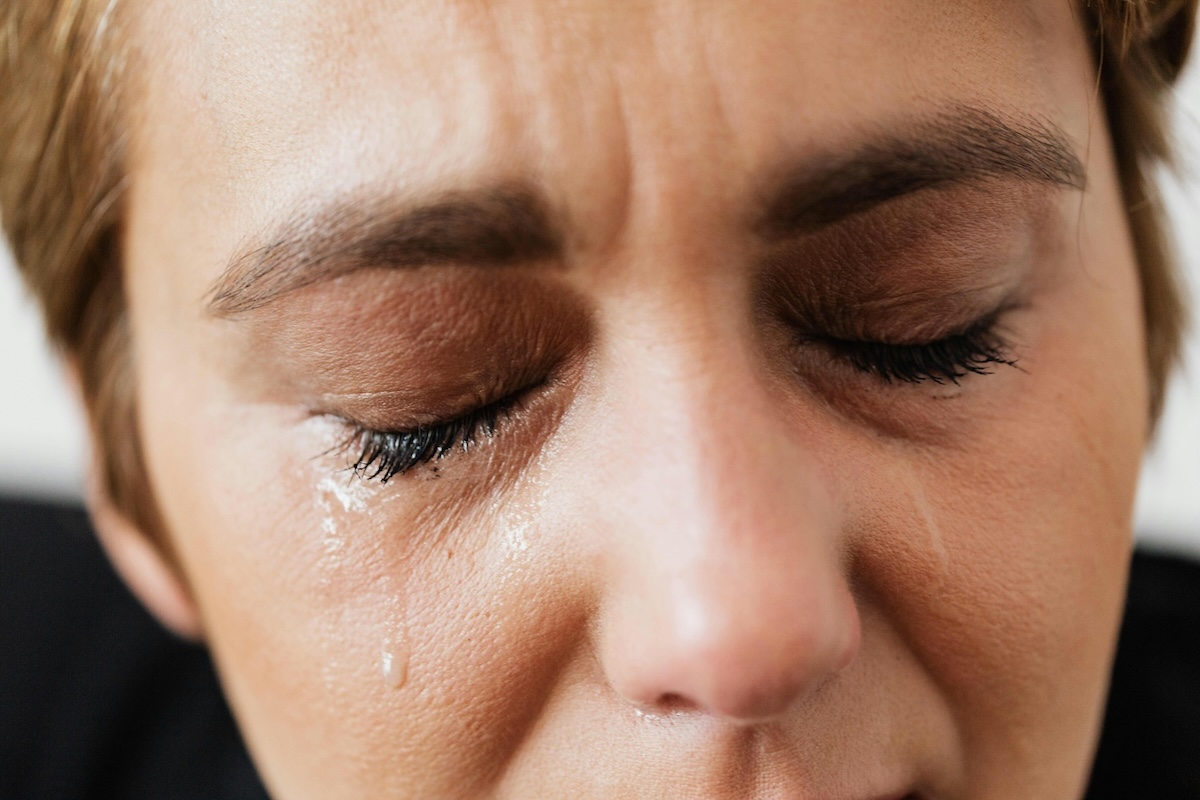Why do I still have period-like symptoms when I am on a low-dose hormone oral contraceptive? I get similar symptoms as I did when not on the pill, e.g. cramps, back pain, mood fluctuation, intensity of emotions, cravings for sweets, and (since my early 30s) migraines. Since my period on the pill is “fake,” why do these symptoms persist? And how will I know when I’m entering perimenopause when on the pill and with these confusing symptoms remaining?
—Confused about why fake periods feel real!
It is confusing when you have symptoms that are unexpected. Birth control pills are often touted as relieving premenstrual symptoms — although only Yaz has an FDA indication for doing so. But you are not alone. Many women still report symptoms around the time they take the sugar pills in their birth control pack.

There are several possible reasons you might still have symptoms, depending on what type of birth control pill you are taking. In general, there are three types of birth control pills:
- Combination monophasic pills contain estrogen and progestin, and all the active pills contain the same dose of both estrogen and progestin.
- Combination triphasic pills contain estrogen and progestin, but the dose of the estrogen and progestin vary each week in an attempt to more closely mimic a natural menstrual cycle.
- Progestin-only pills are exactly what they sound like — a pill that contains only progestin — and typically the dose is the same in all the active pills.
Some PMS symptoms are related to dropping estrogen or progestin. You might get these symptoms with any type of birth control pill during the days when you take the sugar pills. There are two possible solutions in that case: you could minimize your time on sugar pills by taking a version that has 24 active pills and four sugar pills, or you could skip the sugar pills — and the withdrawal bleed — and go straight to the next pack. Skipping the sugar pills is only possible with monophasic pills.
If you are on a triphasic pill, the fluctuating doses of estrogen and progestin may be the source of your symptoms, and you would experience the symptoms you describe in the week leading up to the withdrawal bleed or during the week of the withdrawal bleed itself. You might consider switching to a monophasic pill.
Not all progestin-only pills work by suppressing ovulation. So if you are taking a progestin-only pill, you may be ovulating; and if you are ovulating, you can have PMS. If that is the case, you could try switching to a progestin-only pill that does suppress ovulation, such as drospirenone, or to a combination pill.
One explanation for your symptoms, with all types of pills, is that you expect to have PMS symptoms and so you are paying more attention to your symptoms at the time around your withdrawal bleeding. That heightened attention may lead you to notice symptoms more during that week — even if they are present all the time — and attribute them to where you are in your pill pack.
While you are taking a combination birth control pill, I wouldn’t expect you to experience symptoms of perimenopause, because the pill is suppressing ovulation and providing a predictable dose of estrogen. So you won’t know when you are entering perimenopause. That is okay! We use birth control pills to treat symptoms of perimenopause, and for most women, taking birth control pills until the average age of menopause is safe.
The takeaway: Yes, you can still experience PMS-like symptoms on the pill. Taking the pill differently or taking a different pill may relieve these symptoms.
Community Guidelines




















Log in
Is it possible to feel like you have PMS…ALL THE TIME while on the pill? I was on it for about 9 years, trying many types and brands and never felt very good on it. I dealt with spotting, fatigue, nausea, bad skin, sore breasts, and terrible anxiety. My cramps were no better, I still had digestive upset around my period. I was assured over and over, that no, the pill cannot be possibly causing my symptoms, that it was most likely stress or my lifestyle, and if anything, the pill was making me feel BETTER than my baseline. So, I was afraid to go off of it, in addition to not being ready to be pregnant. Spotting was the only acknowledged “side effect” and for that they would just offer me a different brand. When I finally went off of it in my late 20s I was blown away by the difference in how I felt…it was like the lights came back on, I had a sex drive, my skin cleared up, and my energy was finally normal, despite working the same stressful job. Yes, I get PMS today…but I only feel bad for a few days out of the month instead of feeling sub-par the entire month. I feel like I wasted so many years of my youth not feeling like my best and wish I had questioned or advocated for myself more…but you just don’t realize how bad you feel until something changes. I have been offered the pill several times since and I have a visceral reaction to even the suggestion. I’m curious if women have better luck with it in perimenopause even if it wasn’t a good fit earlier in their lives. It seems to be the only thing providers want to offer for hormonal symptoms.